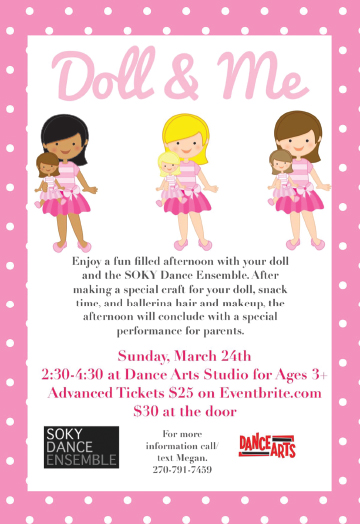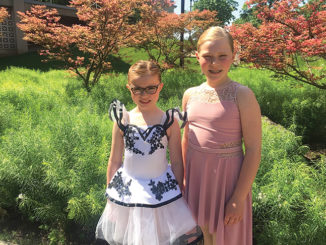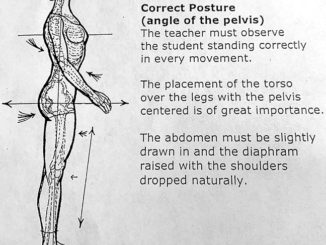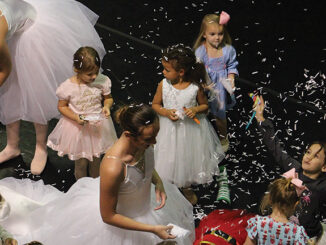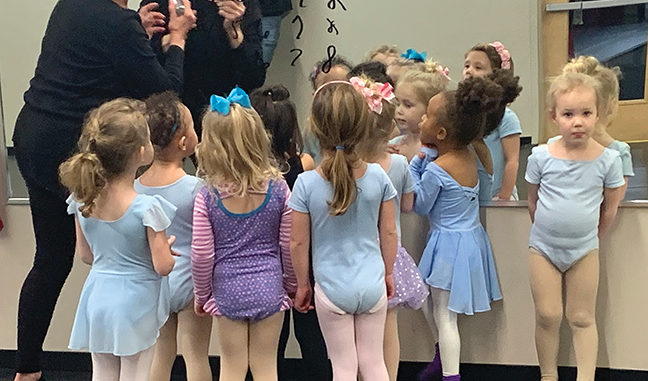
Recently, poet Kwame Alexander was a guest on NPR’s Morning Edition with Rachel Martin. Mr. Alexander brought a friend with him, Ann Marie Stephens. Ms. Stephens is a children’s book author and first grade teacher in Manassas, Va.
Ms. Stephens made a most profound statement in her part of the interview regarding the importance of our children having the freedom of expression through poetry. “Poetry isn’t just important,” she said. “In my eyes, it’s necessary. I believe that schools are testing our kids to the point of exhaustion. And so, we end up knowing where they are academically, but we don’t know where they are emotionally and mentally and physically. And poetry helps us do that. When kids can write poems, they get to share their backgrounds and their experiences and their interpretations of the world with everyone else. And once we get to know our kids, our students, like that, really get to know them, we can teach them anything.”
By replacing the word “poetry” with the word “dance,” Ms. Stephens’ statement clearly describes the teaching philosophy in practice at Dance Arts of Bowling Green. Our teachers must first evaluate the individual learning styles of each student in their class. Each dancer will possess a different intelligence to include spatial, interpersonal, naturalist, logical-mathematical, bodily-kinesthetic, musical, linguistic, and intrapersonal. With this evaluation it is amazing how beautifully each child will be fulfilled at the end of every class through the experience of dance movement.
With the current developments in the study of child behavior, we now have labels that clearly describe the learning patterns of children. Words like dyslexic, bipolar, or autistic may now eliminate much time that was utilized by the teacher to organize the learning pattern of a pupil; however, we must be careful not to label the child with such defined characteristics that we fail to know them as the amazing human being they are meant to be.
At Dance Arts we cannot emphasize enough the importance of the registration interview with each child. We prefer not to know any labels that may identify who we are about to meet. We speak directly to the student. We ask what dance style is most interesting to them. We tour the studio, introduce them to other dancers and teachers. From the very first visit the child knows our teachers want to share with them as much as we possibly can about the art form we love so dearly and have dedicated our lives to.
The most beautiful registration that I was so fortunate to experience happened recently. The child came into the office with her mom. We introduced ourselves. We talked with the child about what classes would be the best for her. We toured the studio, met her teacher, and introduced her to other students. The child and her mother decided to enroll at Dance Arts, however, as the Mom was handing the registration form to us, she hesitated. She then asked, “You did notice that she is a child with Downs, didn’t you?” I was personally quite moved and responded, “Yes, I did notice and thank you for giving us the opportunity to meet her as the amazing person that she is without an identifying label.”
-by Martha Madison
About the Author: Martha Madison began her career as a dance educator in 1966. She studied dance at Western Kentucky University and the University of South Florida. She is certified through Dance Educators of America Teacher Training School and is currently director of Dance Arts Bowling Green.

